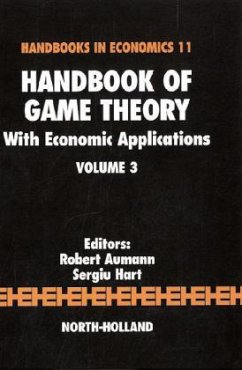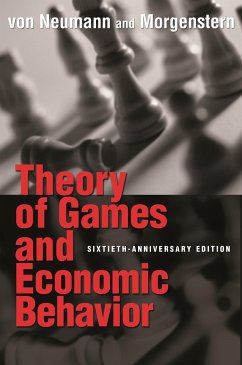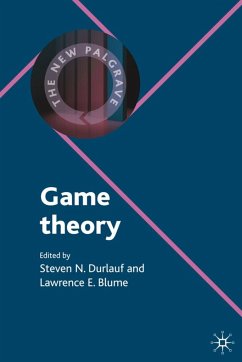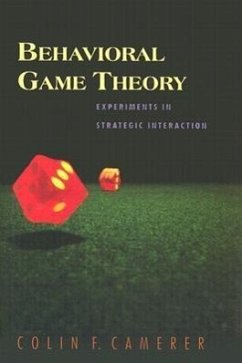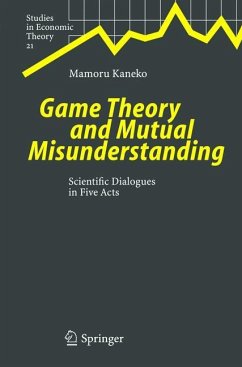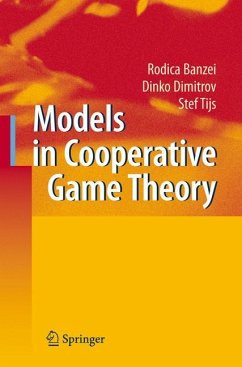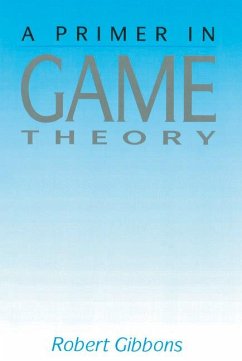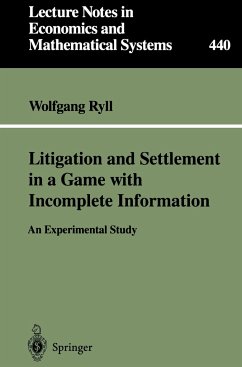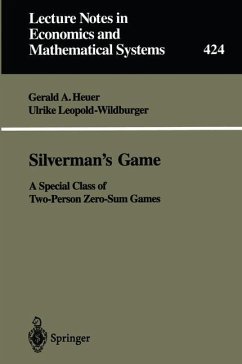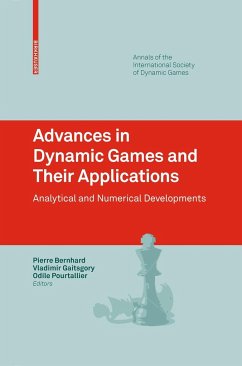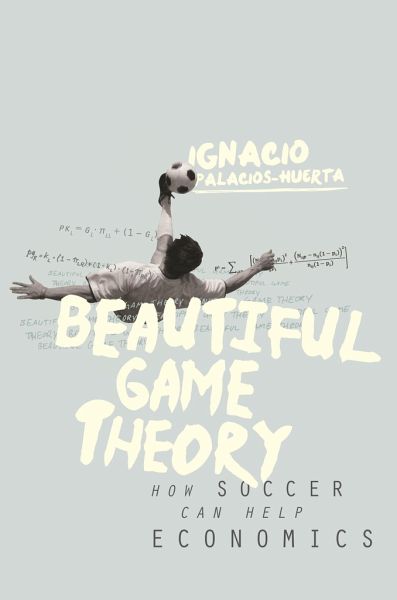
Beautiful Game Theory
How Soccer Can Help Economics
Versandkostenfrei!
Versandfertig in über 4 Wochen
50,99 €
inkl. MwSt.
Weitere Ausgaben:

PAYBACK Punkte
25 °P sammeln!
A wealth of research in recent decades has seen the economic approach to human behavior extended over many areas previously considered to belong to sociology, political science, law, and other fields. Research has also shown that economics can illuminate many aspects of sports, including soccer. Beautiful Game Theory is the first book that uses soccer to test economic theories and document novel human behavior. In this brilliant and entertaining book, Ignacio Palacios-Huerta illuminates economics through the world's most popular sport. He offers unique and often startling insights into game th...
A wealth of research in recent decades has seen the economic approach to human behavior extended over many areas previously considered to belong to sociology, political science, law, and other fields. Research has also shown that economics can illuminate many aspects of sports, including soccer. Beautiful Game Theory is the first book that uses soccer to test economic theories and document novel human behavior. In this brilliant and entertaining book, Ignacio Palacios-Huerta illuminates economics through the world's most popular sport. He offers unique and often startling insights into game theory and microeconomics, covering topics such as mixed strategies, discrimination, incentives, and human preferences. He also looks at finance, experimental economics, behavioral economics, and neuroeconomics. Soccer provides rich data sets and environments that shed light on universal economic principles in interesting and useful ways.




